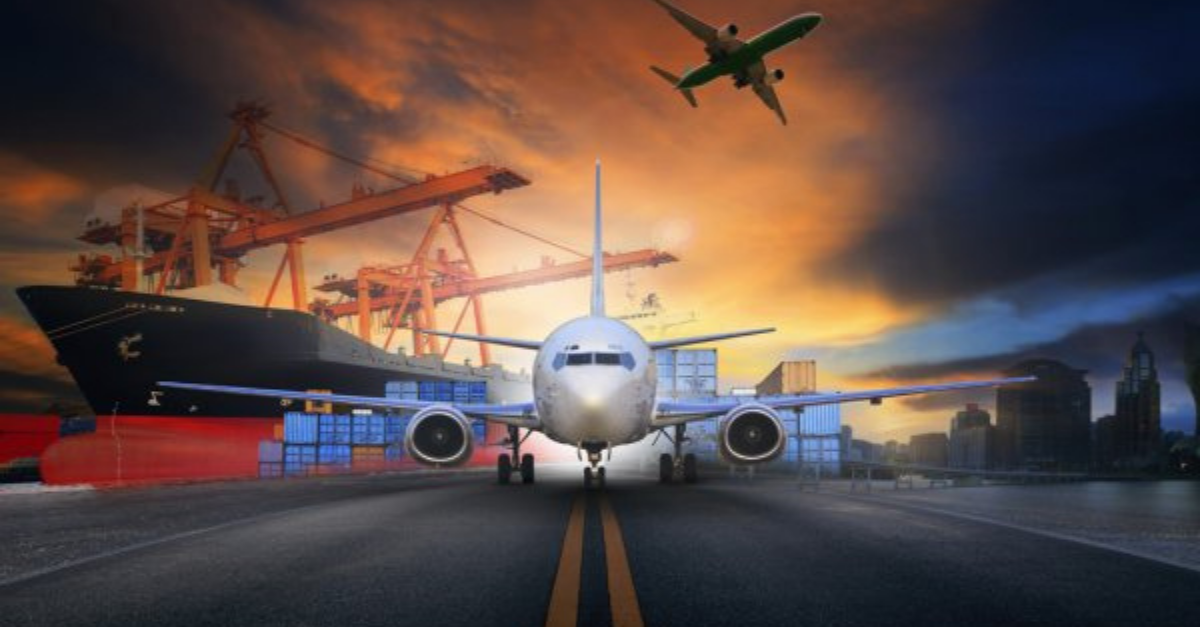Blog
Revenue vs. Sustainability for Air Cargo?
August 27, 2021;)
Is increasing Revenue and Sustainability Diametrically Juxtaposed?
According to IATA, air transport is responsible for as little as 2% of global carbon emissions as of 2020. That said, there is a concerted effort across the industry to reduce net carbon emissions by an additional 50% by the year 2050.
The past several years have resulted in significant strides toward the 2050 goal. We have witnessed the airline industry’s near-universal desire to decrease its global environmental footprint through some of the following: increased fuel economy (with some even using biofuels), reducing weight on planes, and making flight schedules more efficient.
However, the juxtaposition of these sustainability efforts is that airlines still need to be profitable to their shareholders, deliver passengers and cargo on time, and keep expanding their domestic and international routes to satisfy growing demand. We maintain that one method in which airlines can increase sustainability efforts while still increasing revenue is through the delivery of smaller e-commerce packages.
E-Commerce packages are, on average, 2-4kg in weight—much lighter and more flexible to transport than their heavier cargo pallet counterparts. The capability of these e-commerce packages to fit on existing flights adds no significant amount of weight making the method of air cargo transport much more sustainable than traditional cargo pallets. There is no need to add to an airline’s fleet to adopt the delivery of e-commerce packages. Instead, using SmartKargo’s e-commerce platform, airlines can use their existing fleet and schedules to deliver packages domestically, and in some cases, globally in as little as a few hours.
In addition, most airlines today take advantage of more fuel-efficient planes, and we expect this trend to continue as technology advances across the industry. These smaller packages, coupled with fuel-efficient planes, can provide the airline industry with some significant steps toward future sustainability—all while increasing the bottom-line revenue so needed by the airlines.
